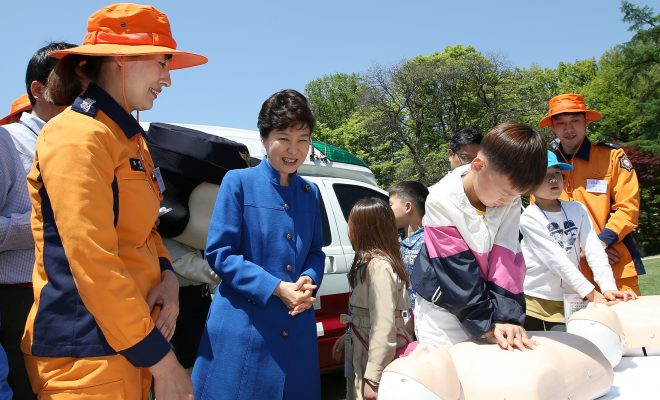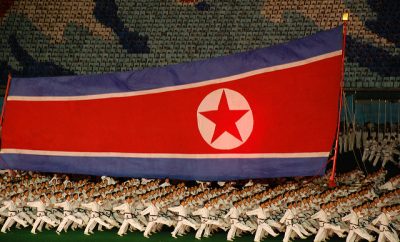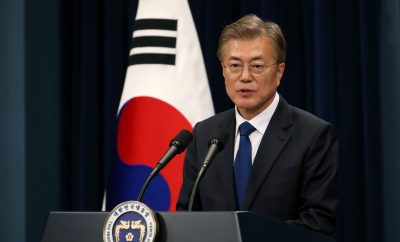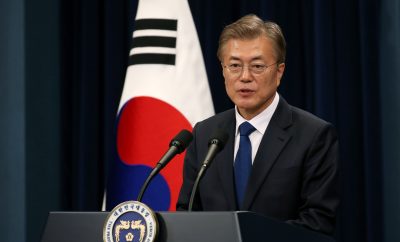 Image courtesy of Republic of Korea; License: (CC BY-SA 2.0)<
Image courtesy of Republic of Korea; License: (CC BY-SA 2.0)<
World
South Korean President Relinquishes Ability to Select Prime Minister
South Korea’s president walked to a meeting with the speaker of Parliament on Tuesday, streaming past opposition lawmakers who held yellow signs that read “step down.” President Park Geun-hye did not announce her resignation during the rare meeting, but she did take a step in placating the opposition by weakening her powers: Parliament will now choose her prime minister, rather than allowing her unilaterally chosen nominee to hold the largely ceremonial post.
“If the national assembly recommends a new prime minister, I will appoint him and let him control the cabinet,” Park told Chung Sye-kyun, the speaker of Parliament, and a top leader of the opposition Democratic Party.
Park is responding to concerns from everyday South Koreans and lawmakers, many of whom are calling on her to resign completely. The country erupted when news broke of a scandal involving Park and one of her longtime confidants and unofficial aides, Choi Soon-sil. Choi, the daughter of a controversial cult leader, is accused of using her connections to Park to embezzle millions of dollars into two personal foundations, as well as offering unqualified advice to the president. Choi, along with some of Park’s aides, have been arrested. Others are being investigated.
“The crisis facing the president is a crisis in state governance and a crisis of the nation as a whole, and thus people are very worried,” Chung said during the meeting, adding: “Therefore, what is most important is placating public concerns.”
Park moved to do that by allowing Parliament to choose her next prime minister. Last week, Park unilaterally chose a new prime minister, Kim Byong-joon. Lawmakers were upset that she filled the post without consulting them, so to quell the uproar, she is allowing the legislature to deliberate on the decision. In the meantime, Kim will remain the prime minister designate, but will likely withdraw if he is not the legislature’s chosen candidate.
With 15 months left in her term, some opposition lawmakers, and some members of her own party, would like Park to stay out of government completely. Others are calling for her to partake only in foreign policy matters, leaving domestic matters for Parliament and others in the cabinet, including the new prime minister.
Over the weekend, tens of thousands of people protested in Seoul, and more mass protests are planned for the coming weekend. Meanwhile, Park has the lowest approval rating–five percent–since South Korea democratized in 1987.








Comments